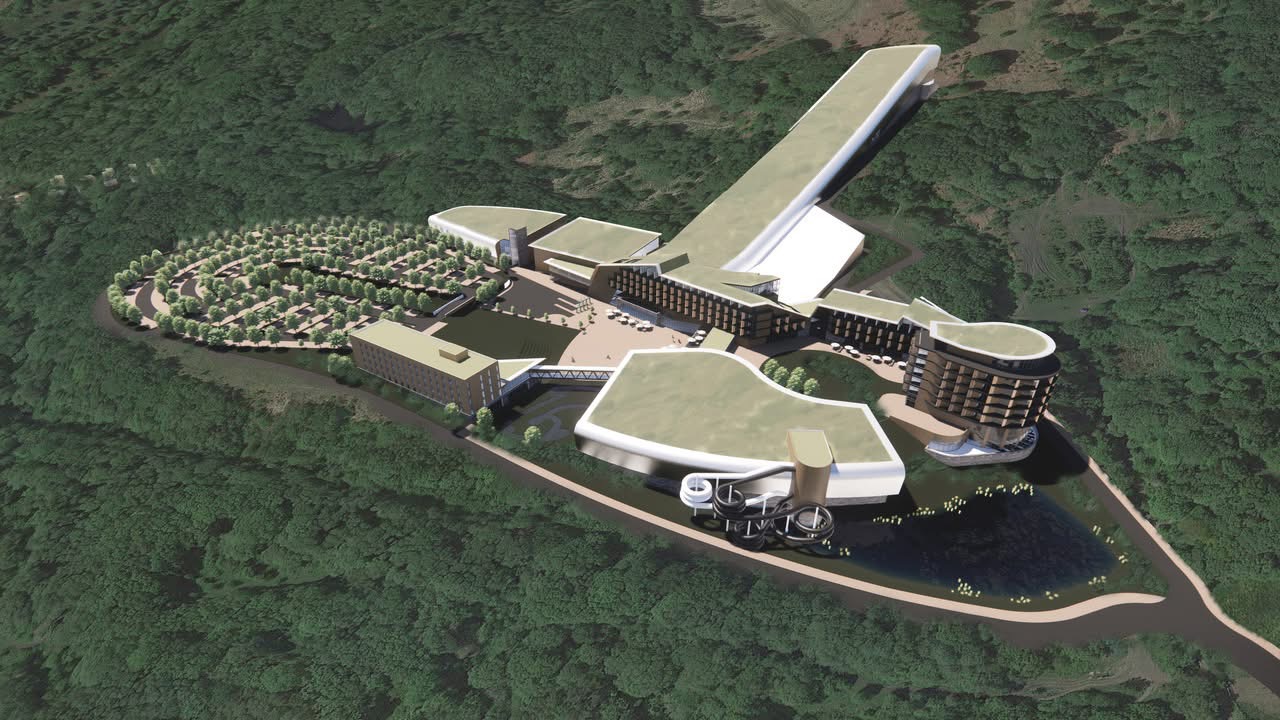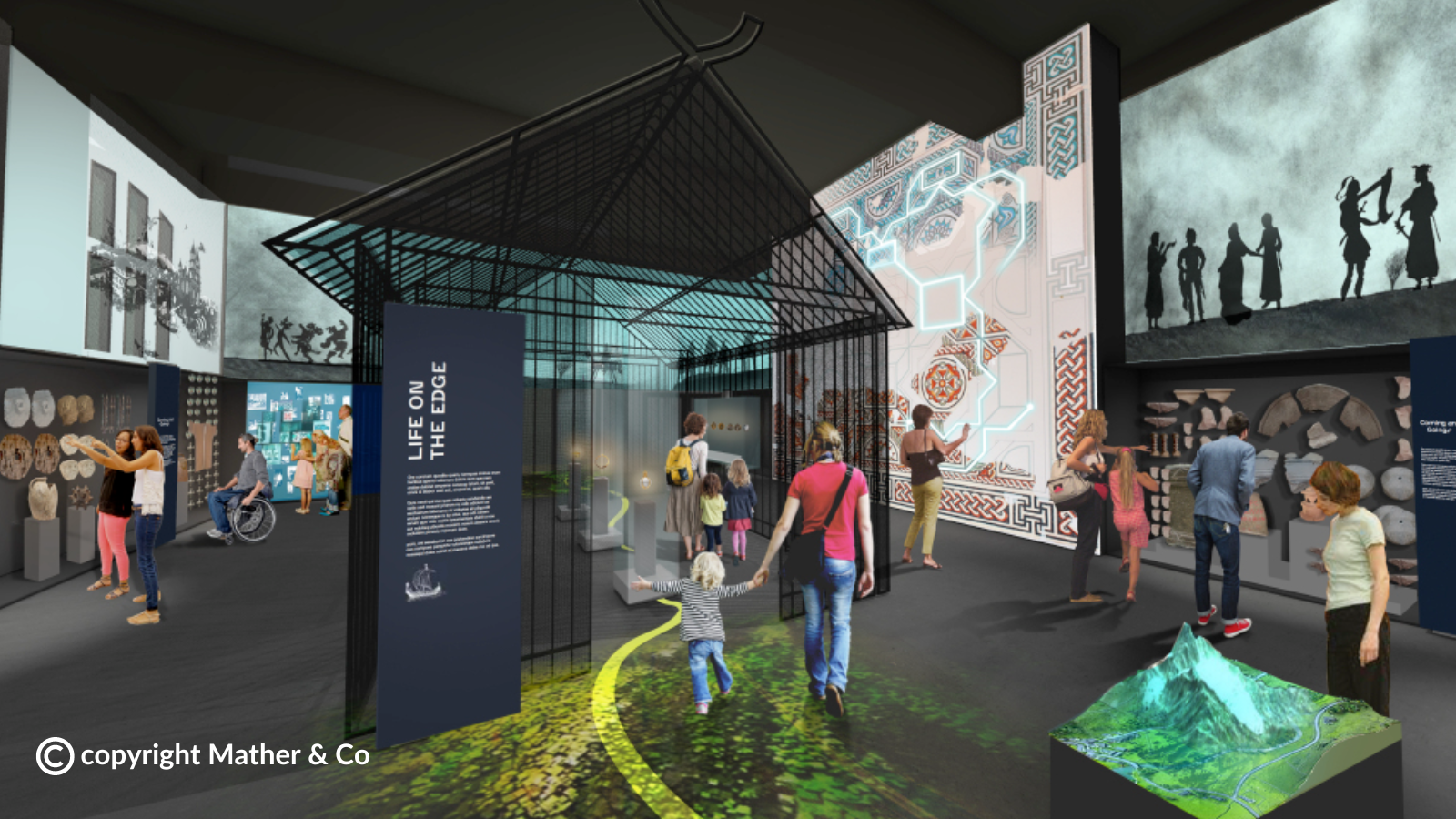West Midlands Ambulance Service has welcomed a challenge from NHS England Chief Executive, Simon Stevens to vehicle manufacturers to help “blue lights go green”.
Mr Stevens wants the manufacturers to develop more environmentally friendly ambulances, which will cut air pollution. The NHS accounts for almost 10 billion journeys each year – around 3.5% of all road travel in the UK – as staff and patients travel to work and appointments and medical supplies are delivered.
WMAS Fleet General Manager, Tony Page, said: “As a Trust we have the most modern ambulance fleet in the country and have made significant changes to our fleet that has substantially reduced the level of pollution we create over the past six years
“We use van conversions which are almost a tonne lighter than the modular vehicles used by other services which immediately produces savings in fuel and operating costs.
“We have worked closely with staff and the converters to improve the designs so they are easier to operate in and have then invested significantly in producing vehicles that are considerably lighter which has reduced our CO2 emissions.
“Had we not made the changes we would have created an additional 2.1 million tonnes of CO2 per year!
“We made a commitment to our staff five years ago that none of our frontline vehicles would be older than five years. As well as meaning they are a better place to work, it has allowed us to make many other improvements including:
Using new technology pioneered in the aircraft industry to reduce the weight of the ambulances by almost 10%. This brings real savings in fuel, tyres and vehicle spares as well improving the vehicles handling and ride quality.
A newer fleet substantially increases the availability of vehicles and reduces the level of spares required which has saved hundreds of thousands of pounds.
Although the number of incidents has risen by 28% over the last six years, we have only increased our fleet size by 7% due to better availability of vehicles.
“Our objectives for the next few years will be to implement the issues highlighted in the NHS Improvement Carter Report which will focus on further weight reductions from vehicle conversion, exploiting telematics, making further improvements to the saloons of the ambulances which will further improve the working environment for crews and make the patient experience better. If the vehicle manufacturers can play their part too, we can continue to make a real difference to the environment.”



